
Recently, a prominent nonprofit leader told an audience of people from public charities and private foundations: “Nonprofits have a duty to advocate on behalf of the people who have no voice, to demand social justice.” Many nodded in agreement while others waited for him to get onto something they hadn’t heard before. One audience member was heard muttering, “Yeah, but who has the time?”
Most of us would agree that nonprofits should advocate, but few nonprofit leaders embrace advocacy as core to advancing their missions, even as bad policies seem to increasingly divert time away from those missions.
In a nationwide survey of nonprofits with government contracts and grants, 70 percent of nonprofits in Arizona reported that needlessly complex and time-consuming government reporting requirements is a problem. The result being that the time and aggravation that Arizona nonprofit employees spend on preparing and submitting duplicative reports and forms is greater than it should be.
To this problem, the question is less who has the time to advocate than how much time could we save by working with governments to prevent duplicative audits, overlapping and inconsistent compliance procedures, incompatible data collection, and a lack of standardization that inject vagaries into an already complex process.
Arizona also ranked poorly in the number of nonprofits that reported government payments are not covering the full cost of services. More than half of Arizona nonprofits also reported that government grants or contracts place arbitrary caps on what they will reimburse nonprofits for their general administrative or overhead costs. Of those, nearly two out of five receive zero reimbursement for these necessary costs, and a whopping 94 percent report that government contracts or grants reimbursed them at a rate of 10 percent or less for program overhead/administrative costs.
The usual range of overhead rates for both for-profit companies and nonprofit organizations alike is approximately 25 percent to 35 percent. Yet, governments have historically treated nonprofit organizations differently, imposing arbitrary restrictions on reimbursement rates that undercut their ability to succeed on behalf of taxpayers. Why? The most obvious answer is because nonprofits haven’t effectively advocated for fairness.
Unrealistic limits on reimbursement of a nonprofit’s legitimate costs undermine its efficiency, effectiveness and ability to perform vital services on behalf of the government. Worse, current policies on indirect costs force nonprofit employees to spend time raising funds to fill the gaps. So, in addition to the question “Who has the time to advocate?” others to ask are “Why are nonprofits and their funders subsidizing governments? And how much time must we divert from our missions to fundraise for government?”
Thanks to the ongoing advocacy efforts of the Alliance of Arizona Nonprofits and others, there is the promise of relief for some of the time- and money-wasting problems plaguing Arizona nonprofits. The federal Office of Management and Budget published Uniform Guidance which now requires that local, state and federal governments hiring nonprofits to deliver services must pay those nonprofits the reasonable indirect costs they incur. If a nonprofit already has a federally negotiated indirect cost rate, that is what the states and localities must pay. Nonprofits that have never had such a negotiated rate will be entitled to an indirect cost rate equal to ten percent of their modified total direct costs. The important news is that nonprofits will finally have the opportunity to get paid for real and necessary expenses incurred at a rate based on the federal guidelines.
The OMB Uniform Guidance is a major success story demonstrating the value of nonprofit advocacy. But it would never have happened without nonprofit leaders sharing their stories with colleagues, recognizing shared problems and doing what nonprofit people do best — coming up with solutions. That is the kind of everyday advocacy that is transforming nonprofits and their communities.
David L. Thompson works with the National Council of Nonprofits





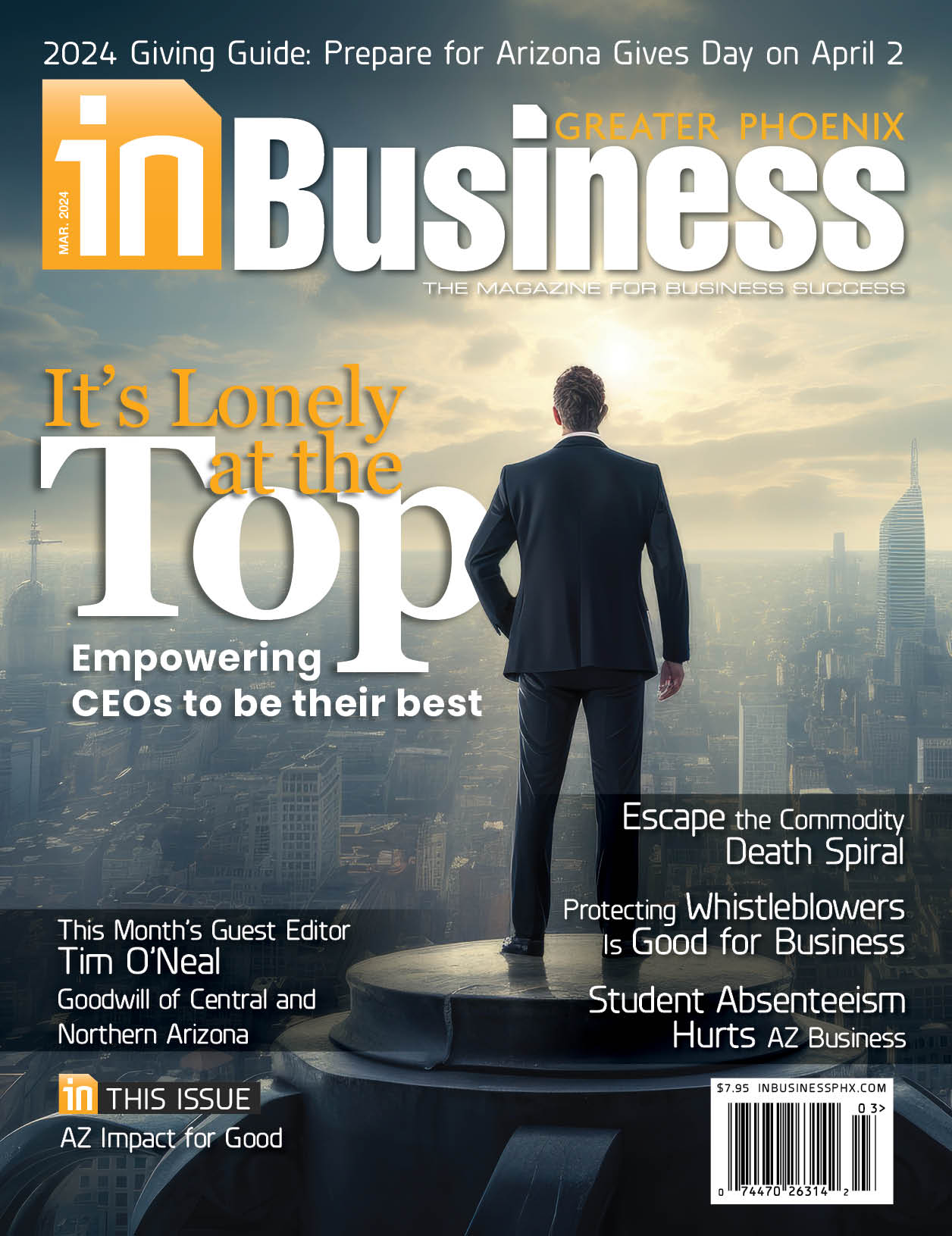
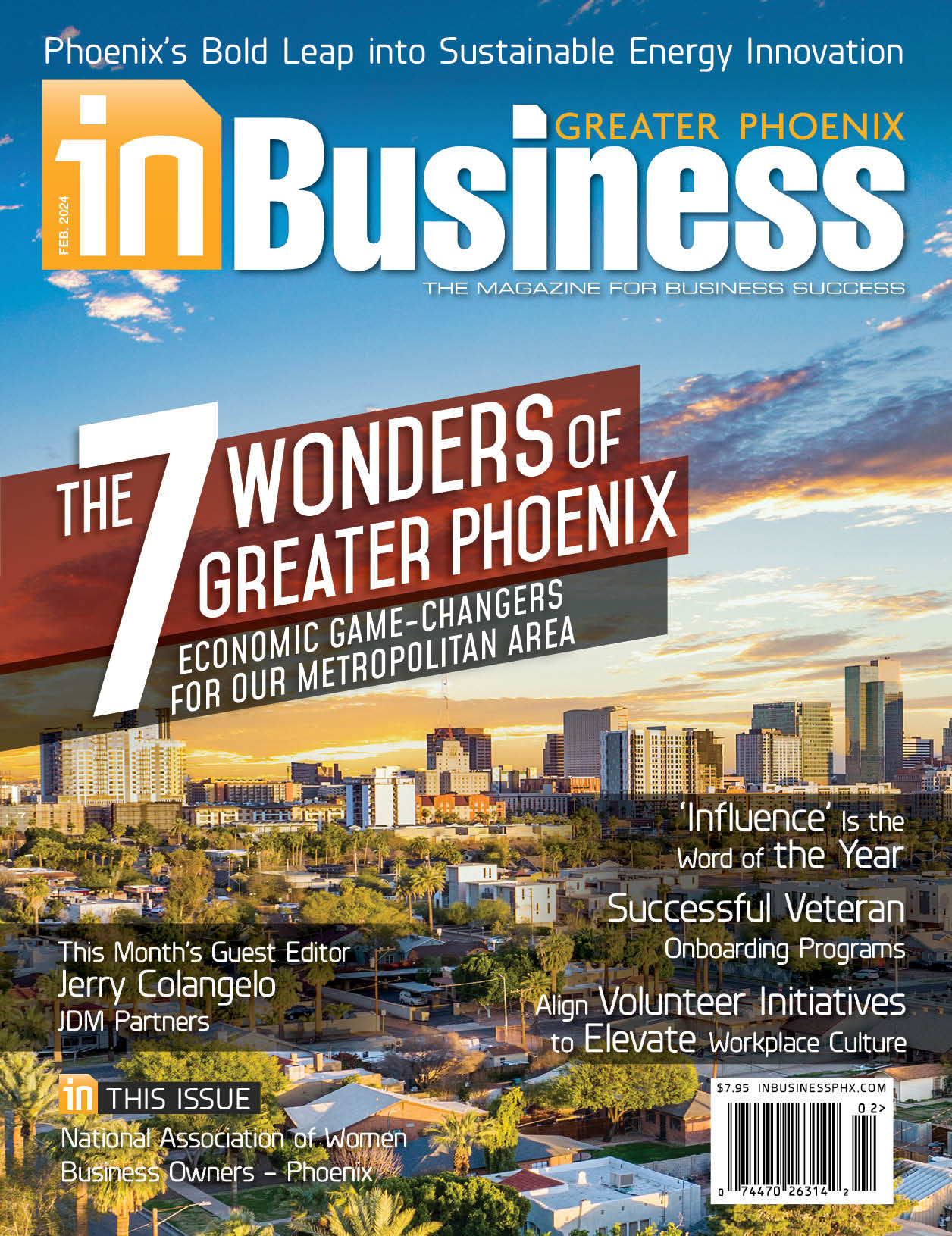

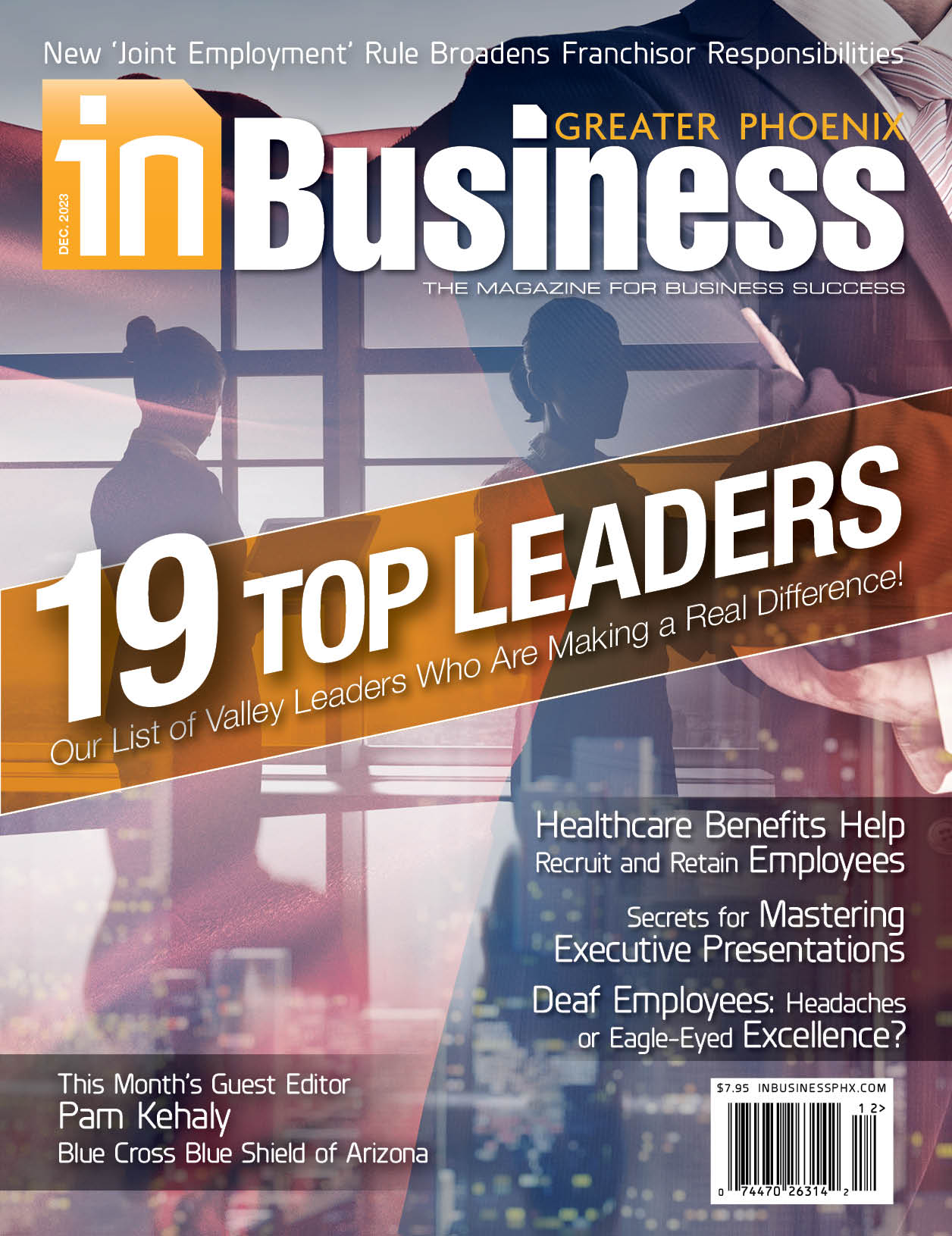
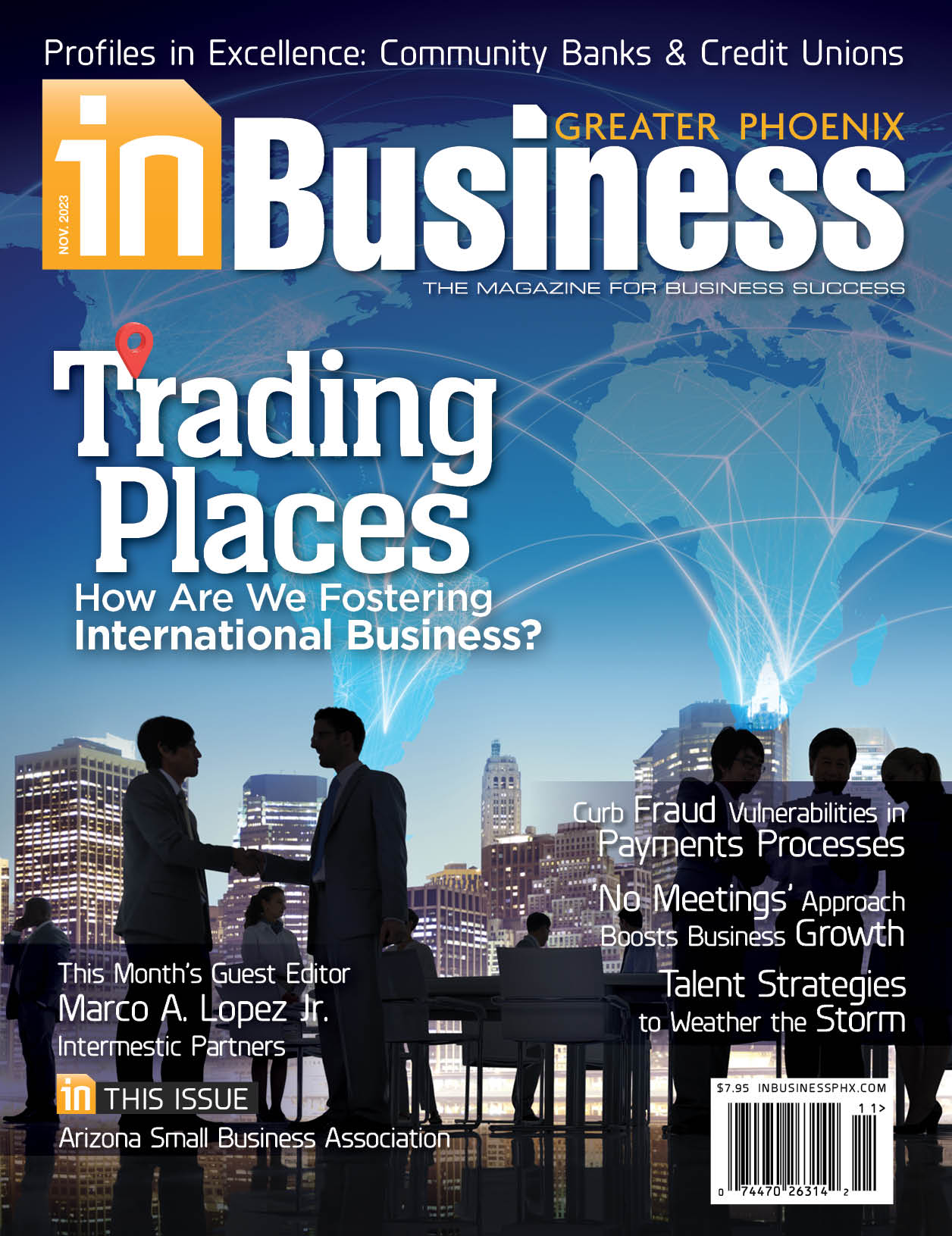
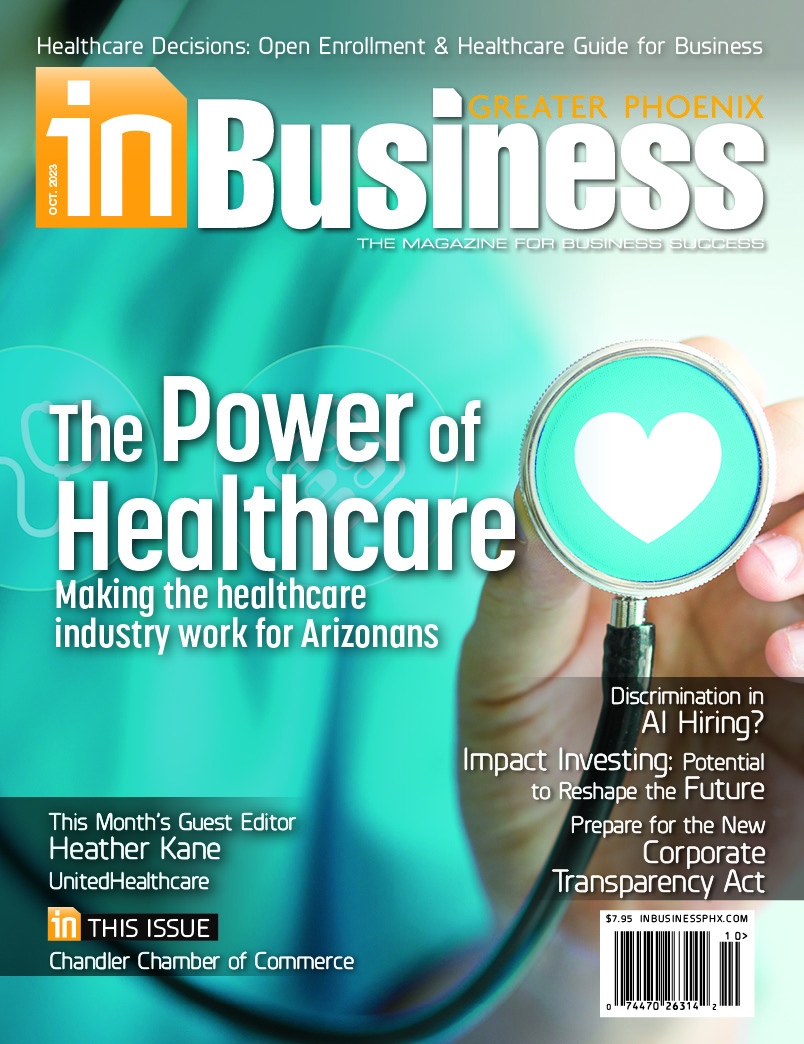
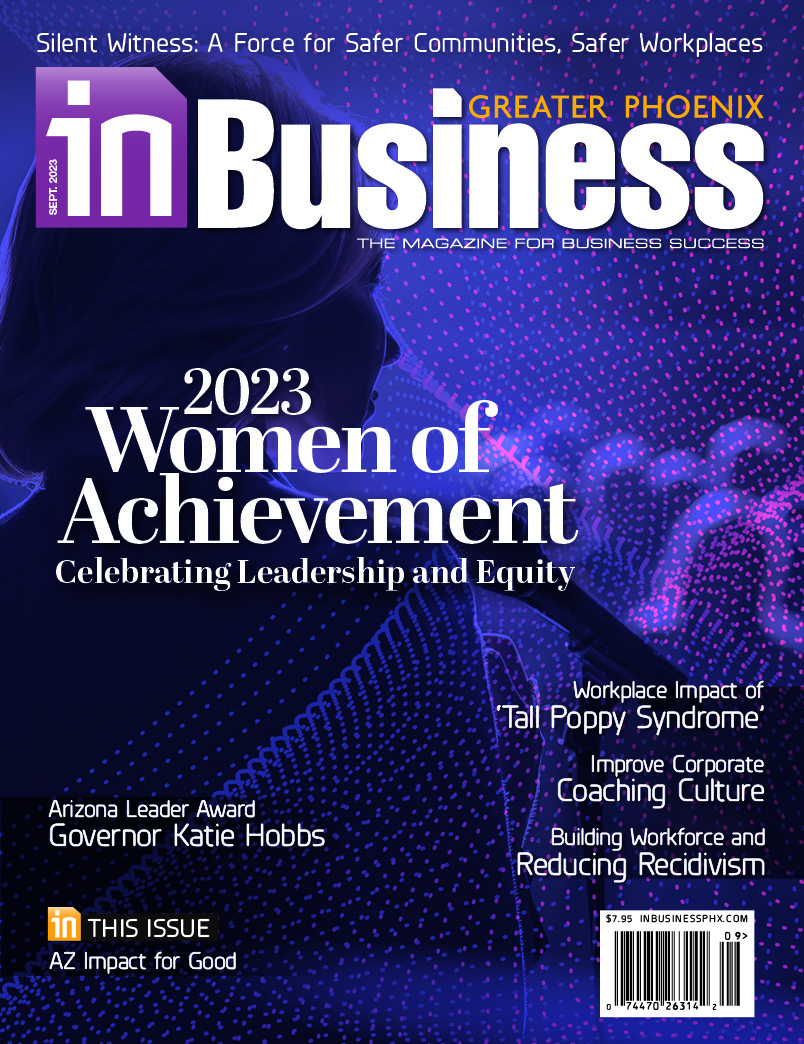

Speak Your Mind
You must be logged in to post a comment.